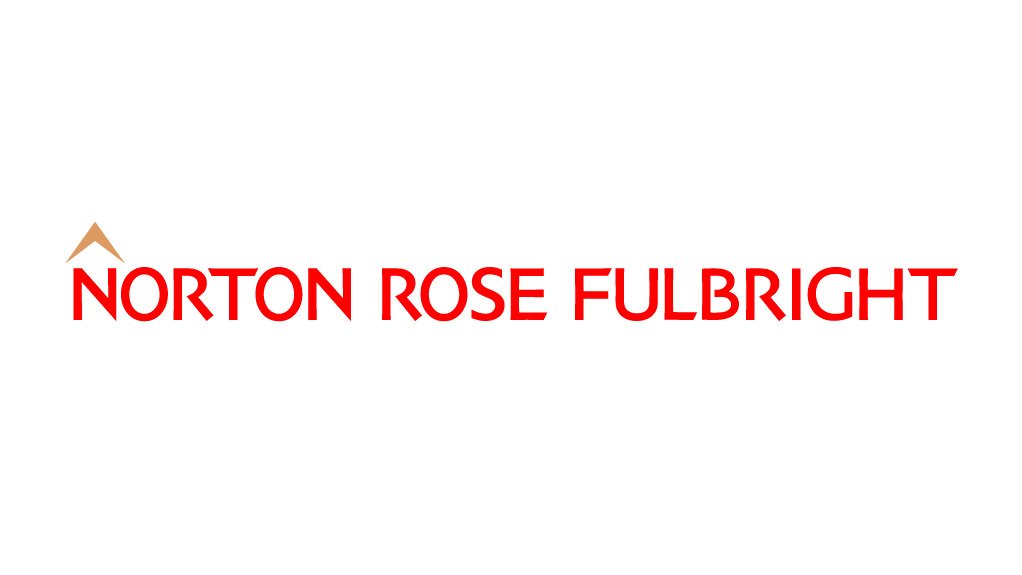In one of the most important judgments on contract law in recent years, the supreme court of appeal found that the exchange of emails by parties to a contract with each of the parties typing their first names at the end of the emails was sufficient to cancel a contract which could only be cancelled in writing signed by both parties.
Sprint Forest Trading (SFT) and Ecowash entered into a number of agreements in terms of which SFT leased mobile dispensing units from Ecowash for use in a car wash business. The agreements between the parties contained non-variation clauses providing that no cancellation would be effective unless reduced to writing and signed by both parties.
SFT was not able to meet its rental obligations in terms of the agreements and representatives of the parties met on 25 February 2013 to discuss how they should proceed. At this meeting, the Ecowash representative put forward four proposals, one of which included the cancellation of the agreements. SFT’s representatives undertook to consider the proposals and to respond after the meeting.
Following the meeting, a representative of SFT sent an email to Ecowash’s representative confirming the four proposals. He concluded the email with the words: “Kind regards Greg”. Emails were exchanged between SFT and Ecowash’s representatives to clarify certain aspects of the proposals. Eventually an email was sent by SFT’s representative confirming acceptance of the cancellation of the agreements and giving an undertaking to return the equipment that was leased. The parties ended each of their emails by typing their first names and, in one instance, by typing the first name and the surname.
The court found that the exchange of emails constituted the requisite writing and signature of the parties in order to make the cancellation effective. Relying on the Electronic Communications Act the court held that the writing and signature requirements are met if a method is used to identify the person, indicate the person’s approval of the information communicated if the method used is reliable and appropriate for the purposes for which the information was communicated, having regard to the circumstances.
A signature is commonly understood as “a person’s name written in a distinctive way as a form of identification”. Our courts have generally adopted a pragmatic, not formalistic, approach to signatures. The question is whether the method of signature fulfils the function of identifying the signatory, rather than to insist on the form of signature to be used.
If you are exchanging emails that are contractually significant make sure they are signed if you want to be bound. Specify that they are not binding if you don’t.
Written by Aslam Moosajee, Director, Norton Rose Fulbright South Africa
EMAIL THIS ARTICLE SAVE THIS ARTICLE
To subscribe email subscriptions@creamermedia.co.za or click here
To advertise email advertising@creamermedia.co.za or click here











